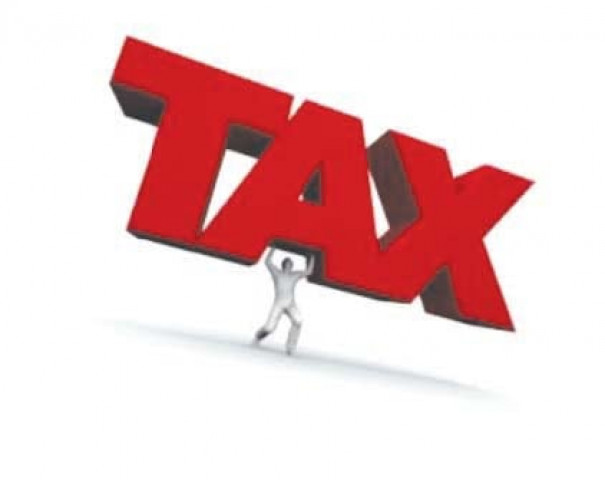Why FBR has failed to raise the tax-GDP ratio
Tax collection needs to be revamped in the changing economic scenario.

Collection of taxes had always been the most vital source in almost every society in human history, and taxation system has become the life-blood for socio-economic development in a modern nation state. A good tax system helps establish a just society through equitable distribution of economic benefits for social justice. Such a system must be business-friendly to attract and encourage investment at all levels of business activities. But if a tax system remains regressive and inelastic, it discourages properly-documented investment with all its social implications compelling the country relying heavily on other sources including foreign assistance.
Too much taxation with high rates and a complicated mechanism have been perhaps the single most important root cause of black economy and tax evasion, non-documentation and corruption. Those involved in the black economy have also had the protection of a politico-bureaucratic amalgam through erosion of institutional stability and hollow cosmetic measures.
It is a proven fact that taxes in any shape are unwelcome, but income tax is the most unpleasant of all taxes. The fundamental reason for its unacceptability is that it does not provide any direct return or benefit to the taxpayer.
My 30 years of experience in the tax department has led me to the conclusion that a tax system can only be successful if it has:
Clarity of law and communicable simplicity of procedure
Stability in institution building and continuity of policies (for promoting tax culture in accordance with the development of a society)
Specialised and professional top management equipped with practical field experience of taxation
Enforcement of law in letter and spirit
Provisions of incentives to the tax payers with some direct social and material advantages
Simplicity of law and procedure will not succeed unless the tax rate and the number of taxes are reduced to a reasonable level. A few years ago more than a hundred different taxes were being enforced in Pakistan out of which the 77 most frequently charged taxes included 20 federal taxes, 19 provisional taxes, 14 local taxes and 24 other levies and surcharges. Businessmen were wholly at the mercy of various government departments. The rates of taxation were also unreasonably high since it was an easy way to increase revenues by increasing the number of taxes and rates of tax.
Too much experimentation
Legal provisions under the Income Tax Act of 1922 were considered quite complex particularly due to new requirements of tax payers in the emerging business environment. This was replaced by the Income Tax Ordinance 1979 in which legal provisions and procedures were re-arranged in a much simplified manner. It was welcomed by all the stake-holders. There was no strong demand to replace this law by new law. The only demand of tax payers then was that the Universal Self Assessment Scheme be given legal cover instead of changing it every year through circulars.
But surprisingly and to the amazement of every stake-holder, a new law was drafted not by local experts, but by a foreign expert - alien to local conditions – purely on the pattern of a developed economy. This law became operative as the Income Tax Ordinance, 2001.
After the promulgation of the Income Tax Ordinance of 2001, more than four hundred amendments had to be made in it during the first month alone. Over two thousand amendments have so far been made in Income Tax Ordinance, 2001 as it was – as expected - out of tune with local requirements. It was an unnecessary and experimental exercise which greatly eroded the institutional fabric of tax organisation and added confusion among its rank and file. But the flaw in our taxation and its collection are far deeper as we will see in the next part of this article.
The writers is former director general (Tax Audit) FBR and former adviser Federal Tax Ombudsman
Published in The Express Tribune, May 30th, 2011.



















COMMENTS
Comments are moderated and generally will be posted if they are on-topic and not abusive.
For more information, please see our Comments FAQ